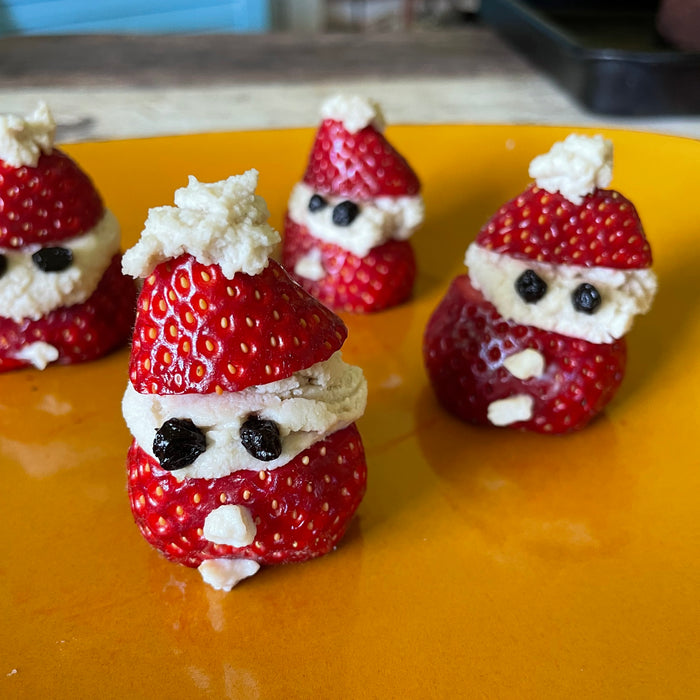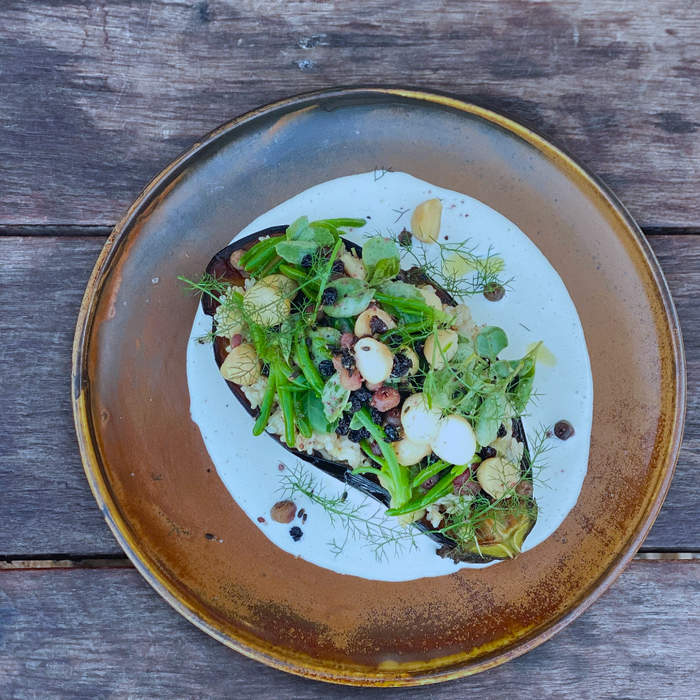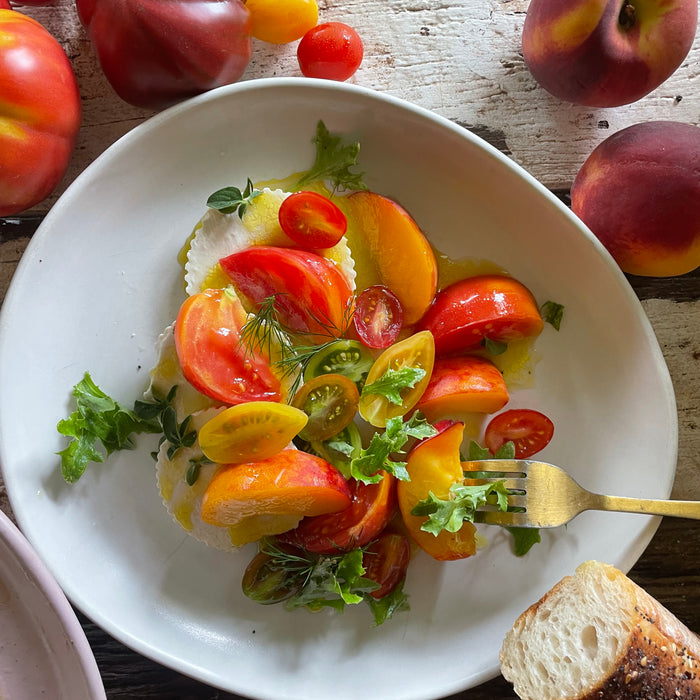Have you ever wondered how many different kinds of pesticides are sprayed on conventionally grown produce? You may be shocked to read a report recently released by the Environmental Working Group (EWG) in the United States.
Environmental Working Group Report
The EWG is a non-profit organisation specialising in research on toxic chemicals and human health, farming and agricultural subsidies, and public lands and natural resources. We previously featured newsletter articles on the EWG’s Dirty Dozen of Endocrine Disruptors. This year, the EWG issued a Dirty Dozen list of produce with the highest pesticide residues as well as the “Clean Fifteen” - a list of produce least likely to hold pesticide residues. For the full report, clink on this link:
http://www.ewg.org/foodnews/summary.php
Australian Crops and Pesticide Residue
The EWG’s list is based on American data, similar farming practices are used here in Australia. While the best way to eliminate exposure to harmful pesticides is to buy certified organic, biodynamically or organically grown produce, this may not always be possible. It is important to note that “spray free” or “pesticide free” does not always mean that it is completely free from other herbicides, fungicides or insecticides. When you see the words “spray free” or “pesticide free”, be sure to always ask what is meant by them and if any other form of pest or disease control has been applied to the soil or to that particular produce.
The following conventionally grown Australian fruits and vegetables have been found to hold the highest pesticide residues. Many are summer favourites, and often available at the local farmers markets. Of the fruit and vegetables listed, a staggering number of pesticides were detected.
- Celery has no protective skin, which makes it impossible to wash off the chemicals used on crops - 64 different chemicals were found on celery;
- In conventional orchards, 62 different pesticides are applied to Peaches;
- 59 pesticides were detected in residue on Strawberries;
- Apples are often grown with numerous poisons to kill a variety of pests, from fungi to insects. Tests have found 42 different pesticides as residue on apples. Scrubbing and peeling doesn’t eliminate chemical residue completely so it’s always best to buy organic apples;
- Blueberries are also sprayed with a high number of 52 pesticides;
- Nectarines have also been found with a shocking amount of 33 different types of pesticides;
- Capsicums have thin skins that don’t offer much of a barrier to pesticides and are often heavily sprayed with pesticides.
- Spinach has been described as one of the most contaminated green leafy vegetable with as many as 48 different pesticides;
- Kale is another green leafy vegetable which is laced with a high number of pesticides;
- Cherries, even locally grown are not necessarily safe - tests found 42 different pesticides on cherries;.
- Potatoes have also been found with 37 different pesticides;
- Grapes have a very thin skins so no amount of washing or scrubbing will remove or eliminate pesticide residues, especially with as many as 34 different pesticides found on their skin.
Safer alternatives include thicker skinned fruit such as watermelon, pineapple, bananas or citrus fruit or vegetables such as broccoli, onions and radishes. *To find out more about the specific pesticides on these fruits and vegetables, go to http://www.whatsonmyfood.org/index.jsp
We believe Organic is Best
Despite research on the number of pesticide residues found on fruit and vegetables, there is still much research being carried out to determine whether pesticide residues and the presence of organophosphates in our bodies directly impacts on our health. This has been a contentious issue amongst scientists, nutritionists and researchers for many years. At Santos Organics, we believe that organic is best for many reasons and all of our fruit and vegetables are either Certified Organic or Organically or Biodynamically grown. We often have specials on seasonal fruit and vegetables and love chatting about the organic farmers and where our produce is from so please come and see us for your fresh organic produce!






